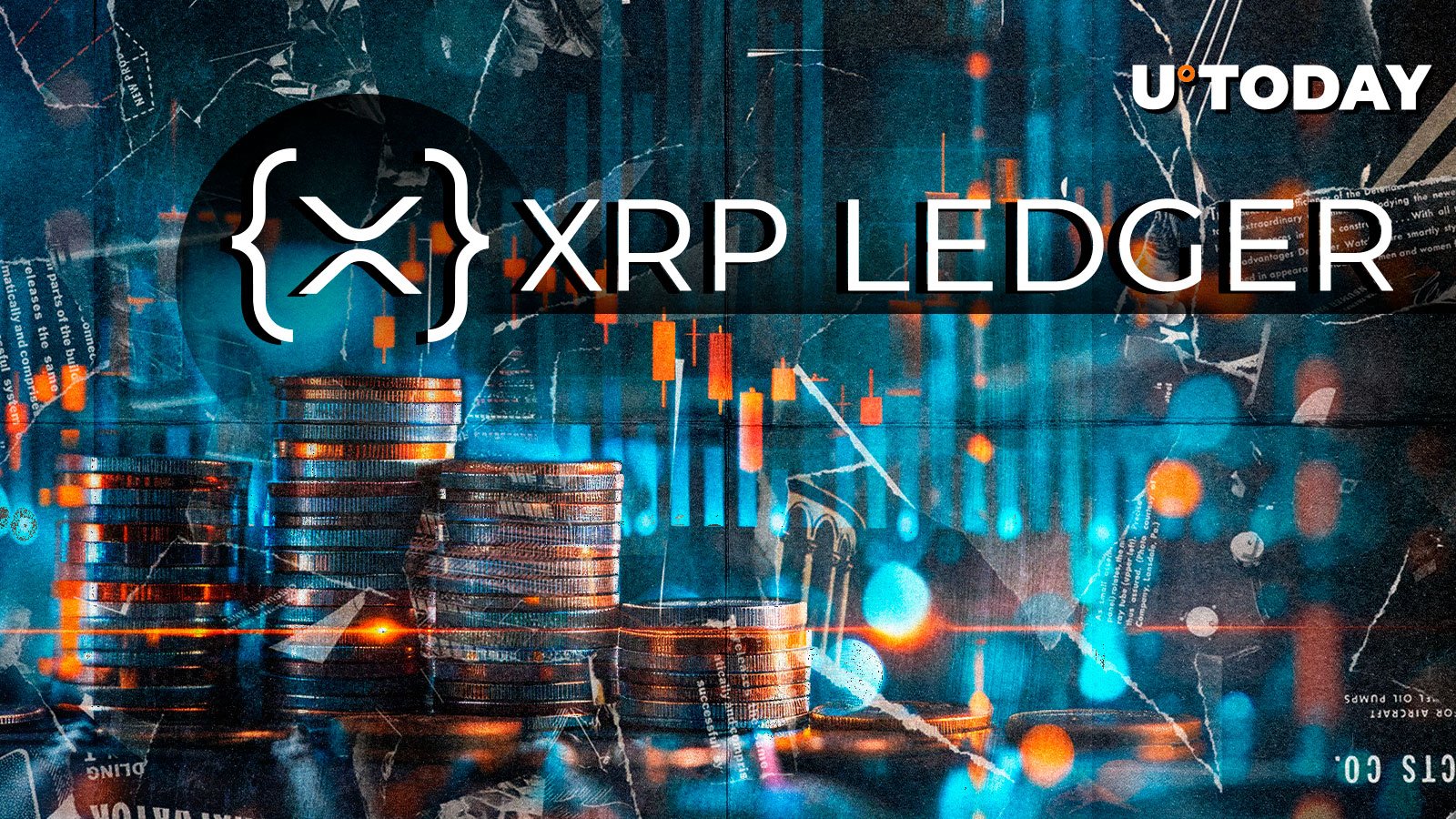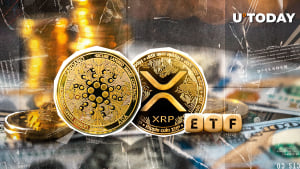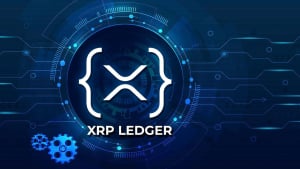Disclaimer: The opinions expressed by our writers are their own and do not represent the views of U.Today. The financial and market information provided on U.Today is intended for informational purposes only. U.Today is not liable for any financial losses incurred while trading cryptocurrencies. Conduct your own research by contacting financial experts before making any investment decisions. We believe that all content is accurate as of the date of publication, but certain offers mentioned may no longer be available.
XRP Ledger (XRPL) is in an evolutionary phase, showcased by key features, including the burn rate. While not a full-blown deflationary protocol, a certain number of XRP is burnt daily. The cumulative effect of this XRP burning has pushed the protocol to a new milestone overall.
XRP Ledger statistics to note
According to data from XRPScan, 13,014,042.56 XRP have been incinerated since inception. While this figure might be small relative to the circulating supply of XRP, it underscores the protocol’s evolution and positioning for the future.
XRP Ledger is a distributed ledger technology that supports smart contracts. Despite these capabilities, the protocol’s usage is not as integrated into the Decentralized Finance (DeFi) ecosystem as its peers, like Ethereum and Solana. Per its design, XRP Ledger features prominently in commercial transactions, which makes it support micro-payments.
From these types of payments, the protocol cuts a fraction of the amount it sends to the burn wallet, making the cumulative 13 million XRP a big milestone. Per the XRPScan data, the protocol has closed 92,036,034 ledgers with exactly 203,630 payments.
XRP Ledger has boosted its appeal in various ways over the past year, one of which hinges on its subsequent mainnet amendments and upgrades.
Major product For XRPL
While XRP Ledger is an open ecosystem for anyone to build on, the community expects Ripple Labs’ RLUSD stablecoin to be the most important product. The blockchain payments firm wants to compete in the stablecoin market, where Tether’s USDT and Circle’s USDC currently dominate.
The firm has continued to test RLUSD stablecoin on the XRP Ledger and Ethereum. The test features minting, burning and transfers, all necessary for the efficient operation of a stablecoin.
XRP Ledger has proven to have the necessary provisions to fuel the stablecoin’s growth and allow it to compete with its peers.


